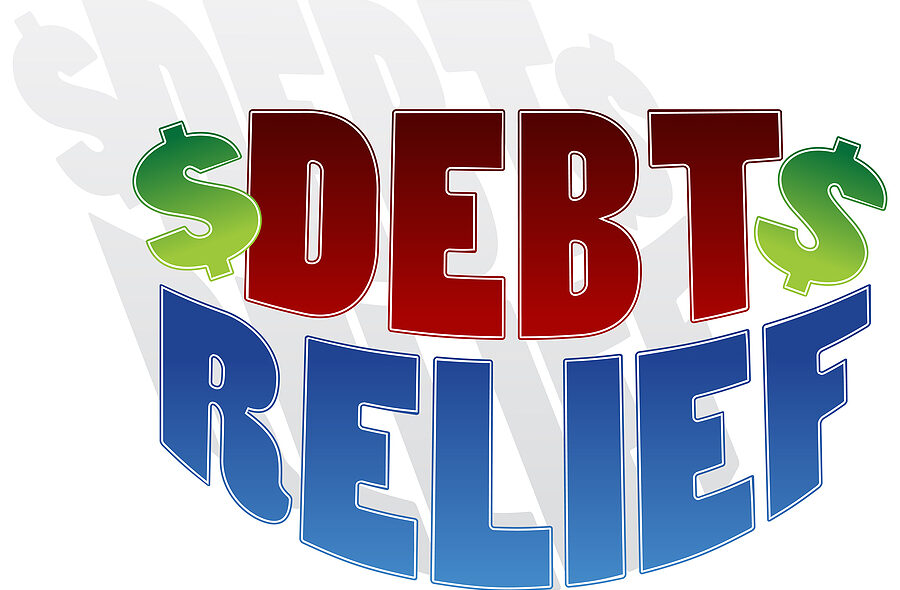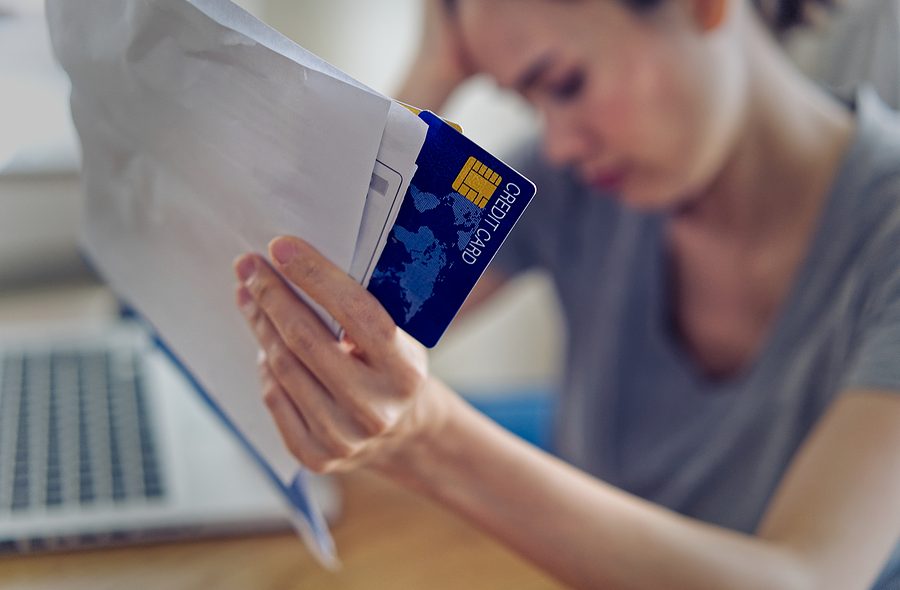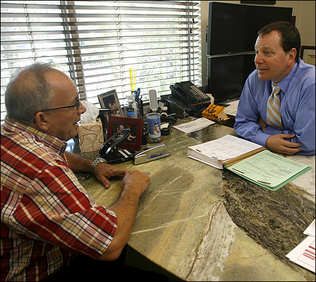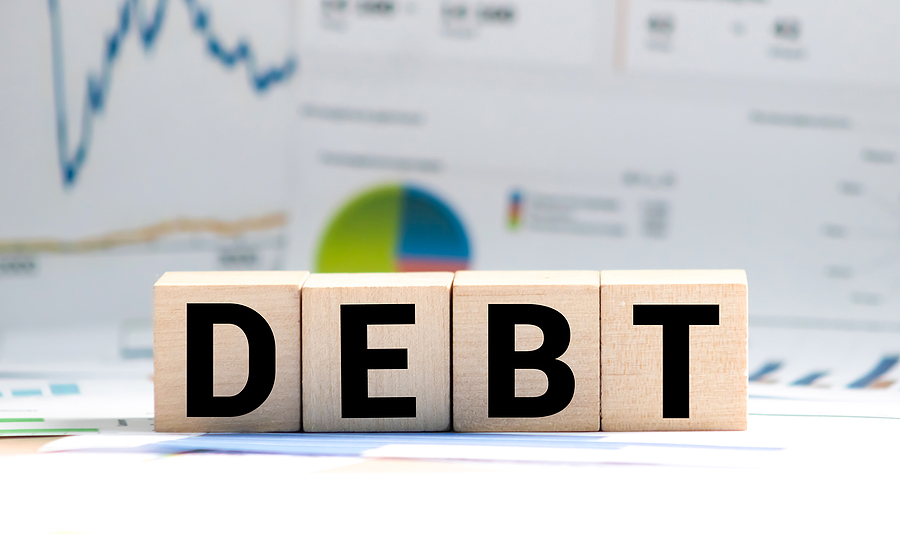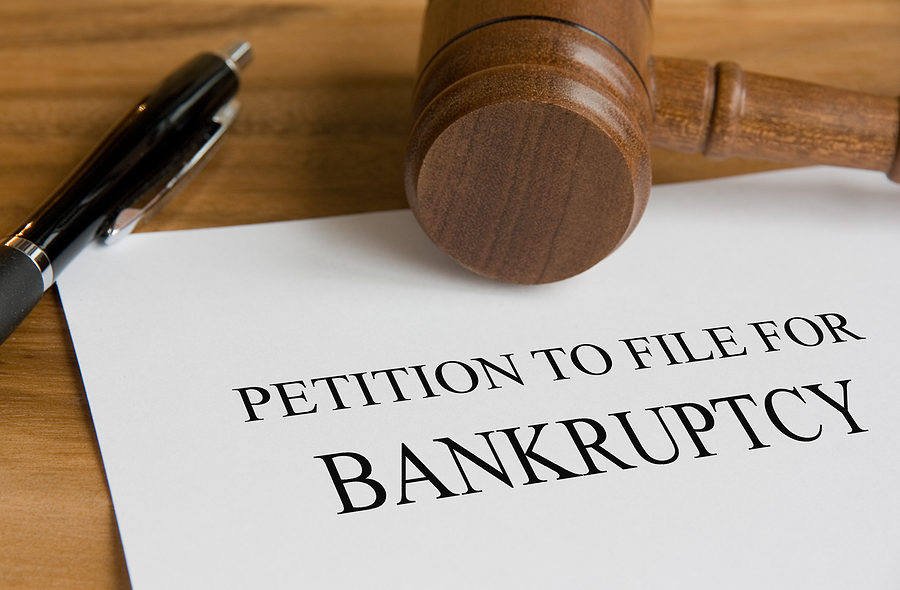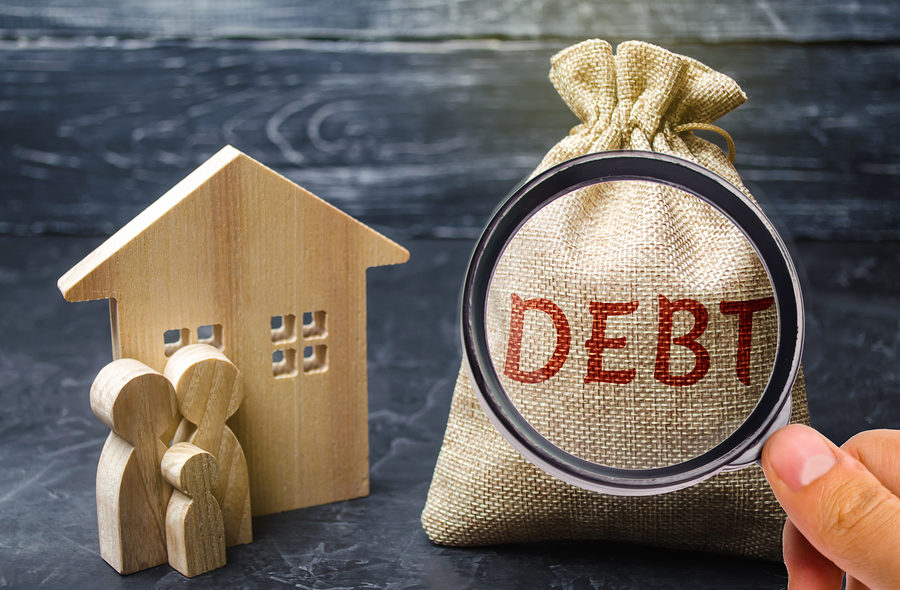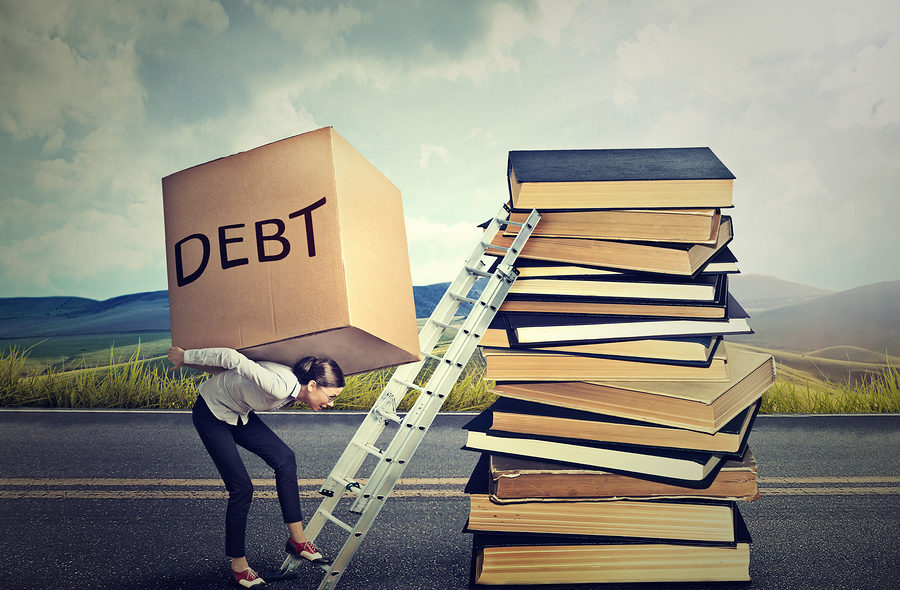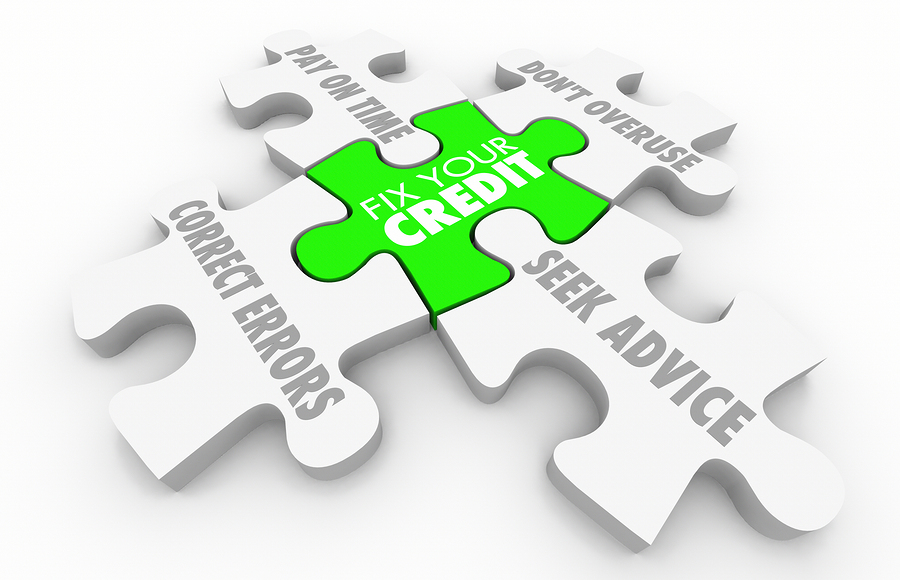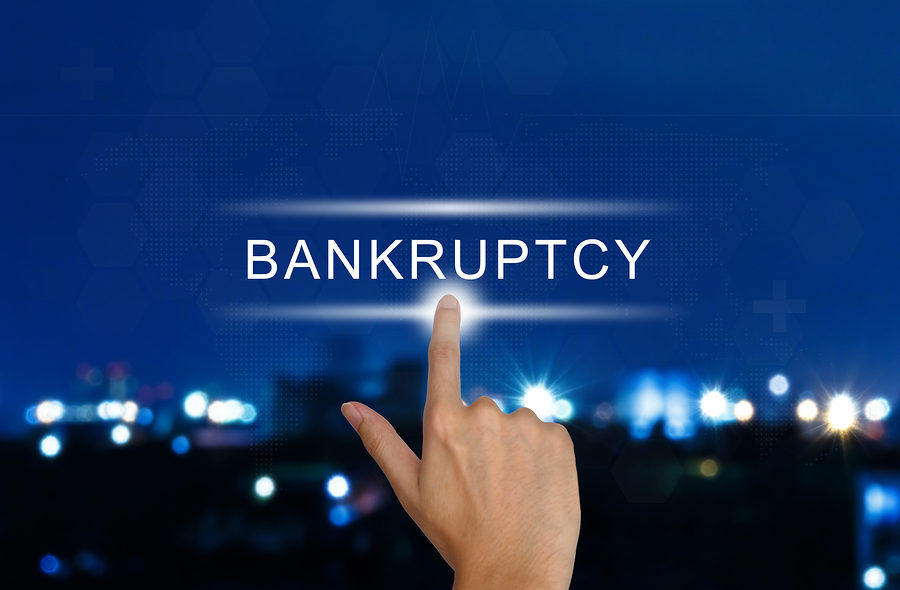Most American consumers carry some form of debt. In fact, debt has become a way of life for many Americans. Whenever a big purchase needs to be made, consumers will often apply for financing to pay for this purchase. This can include items like a home, car, furniture, or even for basic purchases.
According to data from the credit agency, Experian, as of 2019, the average American consumer has $90,460 in debt from various sources, including mortgages, student loan debt, personal loans and credit cards. Escaping this debt load can be tricky, and Experian’s data shows that certain generations struggle more than others when handling consumer debt.

